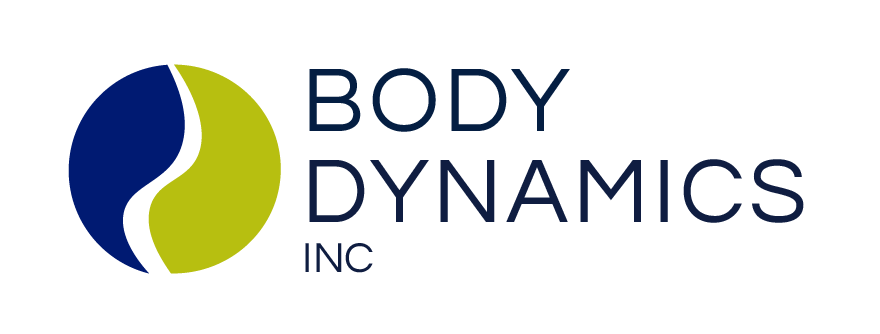With so many accounts out there and so much information how can a person navigate?
When it comes to learning about health and fitness we are lucky to live in a world of information sharing, but how do you know what is real, what is true and what is helpful? There are so many organizations, groups and people sharing information about health and wellness it’s hard to know what information is legit. A few things to think about when navigating the web for helpful health information…
- Consider the source: Look for information written by or supported by recognized and accredited organizations such as the American Medical Association, The Centers for Disease Control and Prevention, The American College of Sports Medicine, and the National Strength and Conditioning Association to name a few.
- Consider the author: Evaluate who is writing or compiling the information you are reading. Is it a health expert with accreditation from an organization such as __ , or a registered dietitian or a certified clinical nutritionist, or a MD or Physical Therapist. Understanding the education and training of the person providing you with your information is important in understanding its validity.
- Consider the information: If a website or article is stating that there is one exercise, one food or one health behavior that will change your life — be skeptical. As most people know these days getting healthy and fit is not a quick fix but a lifestyle change that requires making adaptations to many variables and behaviors. As much as we all wish it were that easy to make one change and all our health problems would be solved, we know better, and any source claiming differently should be viewed with caution.
- Fact check: There are so many “experts” in the field of health and fitness, and often even with similar credentials, they may be saying very different things based on their training, experiences and personal opinions. There are so many different ways to view and approach “getting healthy”, from exercise and changing eating habits, to liming exposure to environmental chemicals and toxins. Many treatments or interventions that were once considered “alternative” are now in the main stream.
The truth is there is no one “right way” to get healthy, but when considering trying something new or making a change make sure more than one source is confirming that it is legit. Use the web to confirm that multiple accredited organizations or practitioners are supporting that a certain behavior, intervention, etc. will truly help you.
